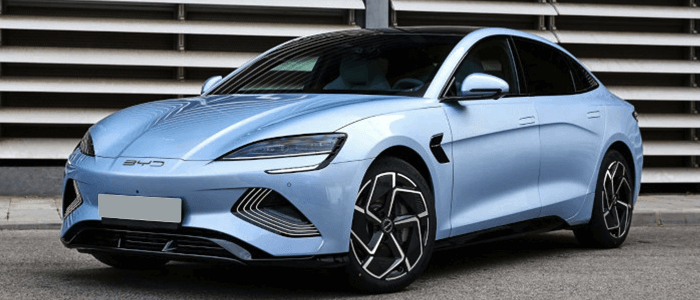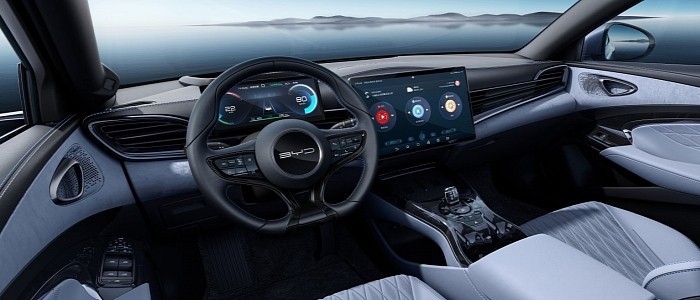Compare two cars
Compare any two cars and get our Virtual Adviser™ opinion
Dimensons & Outlines
Check vehicle history
Engine
MEA Dual 292 / 90kWh
Performance (manual gearbox)
Performance (automatic gearbox)
Expenses
Virtual Adviser's™ opinion
We are here considering two somewhat similar cars, but we can't deny some of the obvious differences. For a start, they are not even classified under the same segment, with the Mercedes Benz being a luxury car and the BYD representing large family car vehicle class. Another thing to take into account here is the wheel drive. The first one makes use of a 4 x 4 wheel drive system, aiming at people who plan to leave their safety zone and challenge the surfface, both in the terms of reduced grip and offroading, whereas the second one transfers the power and torque to the rear axel only, making it perfect for those who are enthusiastic about driving, and don't hesitate to push their car to the limit, even if that requires some additional effort in snow or ice.
SafetyA starting point here would be to take a look at the results from European New Car Assessment Programme (Euro NCAP) tests which were performed on both of the cars, with the same number of safety stars gained in the process. Still, apart from the official crash test results there are other things we need to be aware of. The first vehicle is a luxury car and that gives it a marginal advantage over the large family car competitor, at least that's what statistics show. Furthermore, when it comes to weight, a factor that most people underestimate, the German car offers a considerable difference of 19% more metal.
ReliabilityReliability is not the best thing to consider on the make level, but it is worth mentioning that BYD is significantly less fault-prone, at least on all of the models level. That's the official data, while our visitors describe reliability of Mercedes Benz with an average rating of 4.3, and models under the BYD badge with out of 5. Unfortunatelly, I don't have enough insight that would allow me to comment in more details on the specific models level. Above it all, drivers of cars with the same engine as the German car rank it on average as 3.0 out of 5, exactly the same as the other one.
Performance & Fuel economyBYD is a bit more agile, reaching 100km/h in 0.4 seconds less than its competitor. In addition to that it accelerates all the way to 240 kilometers per hour, 30km/h more than the other car. When it comes to fuel economy things look pretty much the same for both cars, especially if you take into account all the free charging points provided by the manufacturer and/or the local government's environmental programs. One of the essential things to consider when it comes to this type of vehicles would be range, giving a significant advantage to the Chinese car with its additional 63 kilometers on a single charge.
Verdict
Mercedes Benz appears just a bit more reliable, although the difference is truly marginal. The most important thing when deciding between any two vehicles should always be safety, both passive and active. In my opinion, everything taken into account, the German car offers much better overall protection, which launches it ahead of the other contender. From there things take a different direction, with BYD outracing its opponent in any situation possible, making it better choice for boy racers. The Chinese car provides significantly better range, something that shouldn't be overlooked. All together, there's not much more to say, in this case I wouldn't even consider anything but BYD. In any case that's my personal view, built upon all the data available to me. What should decide here though is the way you feel about the two vehicles, and I hope you'll find my guidelines useful in the process. I suggest you spend two more minutes in order to find out which car, based on your needs and budget, would be picked by the virtual adviser™, out of 12.000+ vehicles we currently have in our database.
































